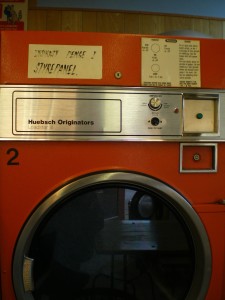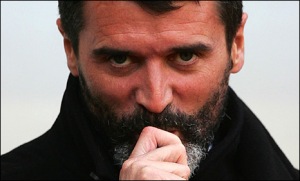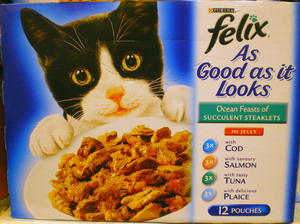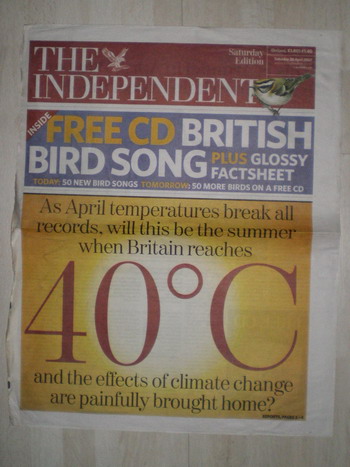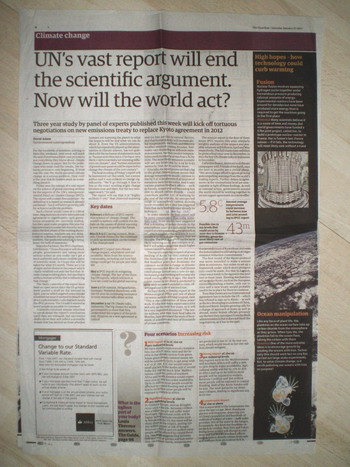Have just had one of those awesome cycle rides home at night when the sky is full of stars, the moon is shining on the Rhine, the ruined castle on the hill is all lit up and even the scary bit where there are no people and no streetlights and, now that I think about it, no road, isn’t all that scary.
You know, one of those cycle rides. And it is all thanks to my new bike!
Since deciding to leave my job, I have been practising fiscal prudence. My best effort to date has been getting to Bangkok airport for 45 baht (82 pence). Continuing in this vein, I went to the second-hand bike fair in Cologne yesterday with the hope of picking up a bargain to replace my last bike, which got stolen. Miraculously, and despite the best efforts of various dodgy gentlemen to sell me something that they had clearly just fished out of the canal, I found a really good, cheap bike, which has immediately become my favourite thing. It doesn’t need to be given a ridiculously affected name like Sir Walter or Brutus, its predecessors. It is simply… Pegasus.
For a start, it has 21 gears, thus allowing me to go super fast. It has neither a saddle covered with gaffer tape nor a pedal that sticks out at a 70 degree angle (both common motifs at said bike fair). And it is navy blue – one of the best colours in the whole world, if not the universe. Buying an object has made me very happy, which has made me rethink my entire position on modern market capitalism.
Strictly speaking, I should acknowledge that my thriftiness is partly undone by the fact that the Pegasus is not actually the only bike that I bought this week. Yes, OK, I bought another one first on Tuesday, but honestly, it is unrideable.
I had turned up at this social project place in north Bonn – an enormous shed with maybe 60 bikes outside and more indoors. “I’m looking for a bike, please,” I said. The man pointed to a modest looking silver number (since christened Slim Shady). “That one,” he said. “Um, thank you, is that the only bike you have for sale [in this GIANT SHED FULL OF BIKES]?” I asked (I didn’t actually say the bit in brackets). Yes, I was told; there was a waiting list otherwise. I took a hard, Prudent look at Slim. “It may not be perfect,” I told myself, “but we are in a new era of scrimpitude. Beggars can’t be choosers!”
So, after a brief spin in the car park (on the bike, I mean, not a whirling dervish moment), during which Slim Shady proved to be passable by going in a straight line and not falling apart, I bought it, feeling extremely pleased with myself in all things fiscal. As I cycled away, having parted with 150 smackers, I ignored the strange noise the gears were making. “Nice little bike, that,” I imagined my dad saying, much as he told me that there was nothing wrong with the Mini Metro I was about to take my driving test in when in fact the clutch had failed (I failed too).
But I was unable to delude myself for long. As I rode to the office, I couldn’t help but notice that the Shadester was so exuberantly sprung that the chief sensation was one not of forward motion but of going up and down as if on a pogo stick. Even the pedals seemed to have suspension. What’s more, I realised with a sinking feeling that the bike was so small that I had to sit on it like a coachman hunched against the rain. I did manage to hitch up the saddle to penny farthing-like heights, which helped until it gradually slithered down and allowed me to be overtaken by old women on Lady Bikes. Truly, something that should never happen to anyone.
So, I know I should just accept that it is a shite bike (a shike?) and put up with it, but on Wednesday I got overtaken by another Lady Bike and I couldn’t feel my buttocks when I got home, so I decided I absolutely had to buy another one. Obviously I have a bit to learn about fiscal austerity. This week I will have to take Slim Shady back to the shed and hope they will award my idiocy with a refund.
Anyway, the reason for this evening’s outing on the peerless Pegasus was a talk at Bonn museum on Napoleon. As usual, hoi oligoi of Bonn were out in force. It was nice that people made an effort to dress up. One lady came as a pink sofa. Given that I was dressed in neither a double-breasted blazer nor a pashmina and that I have all my own teeth I’m surprised they let me in, but as soon as I sat down I aggressively got out my notebook With Intent, and no doubt I was quickly recognized as a serious Napoleonic scholar (albeit one dressed as a lumberjack).

Sadly, I am not able to parlay the main points of this evening’s talk, because (1) the woman was speaking in German, and (2) the woman was speaking in German with an Austrian accent. This made her almost entirely incomprehensible, to me at least. Certainly the audience lapped her up (not literally; she wasn’t milk, and they were not cats). I think she made a joke about Haydn at one point, which went down very well. But all I can say about events is that I’m fairly sure the French besieged Vienna in 1809. I think they threatened to stay until Beethoven had finished the Eroica Symphony. Napoleon was evidently involved. Soldiers died, as is their wont. Then the siege ended and everyone ate Viener Schnitzel and Viennese Whirls and there was a peace treaty, after which Napoleon started dancing with the Burgermeister in the street and that’s how the waltz was invented. Hurrah!

